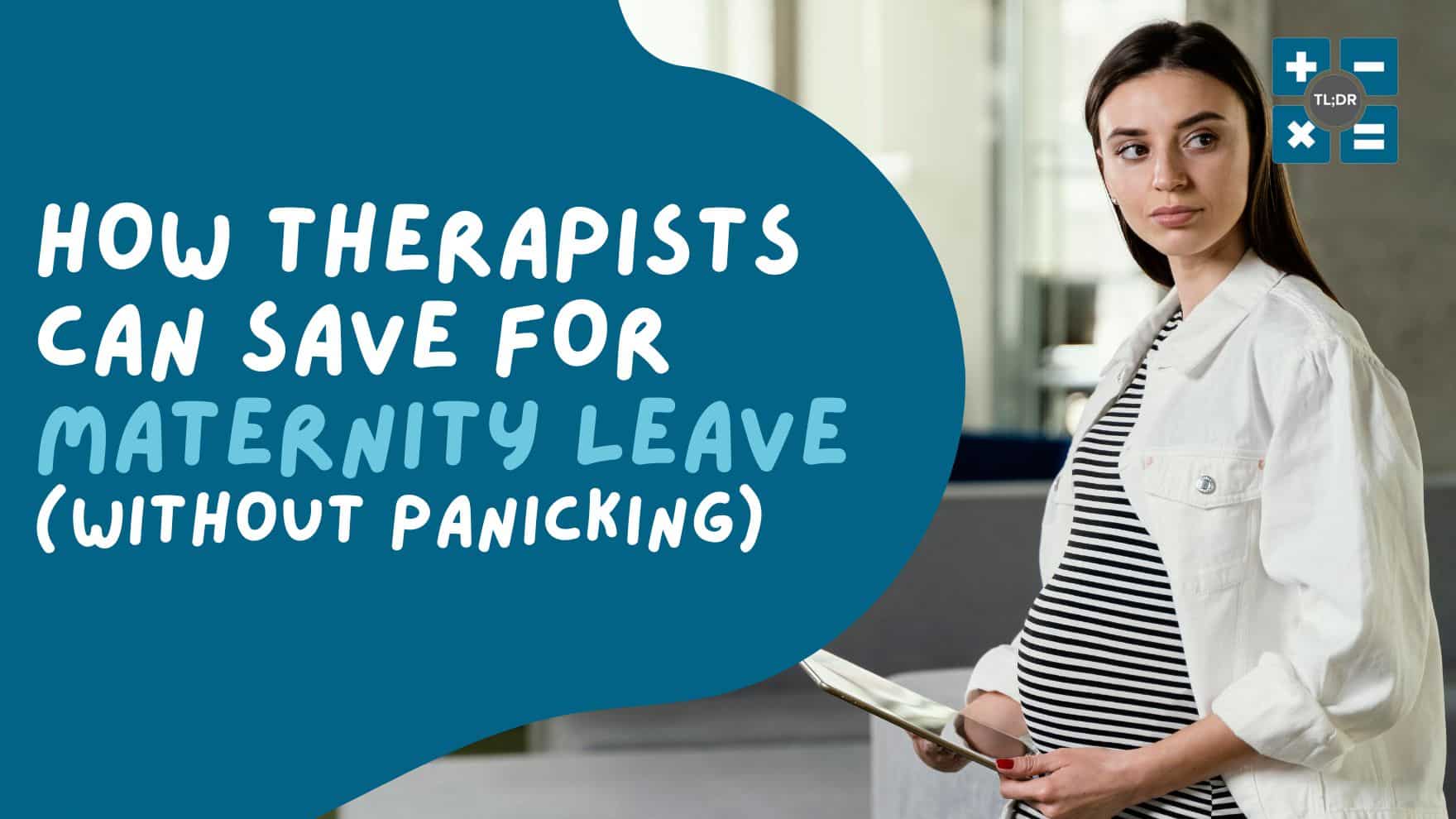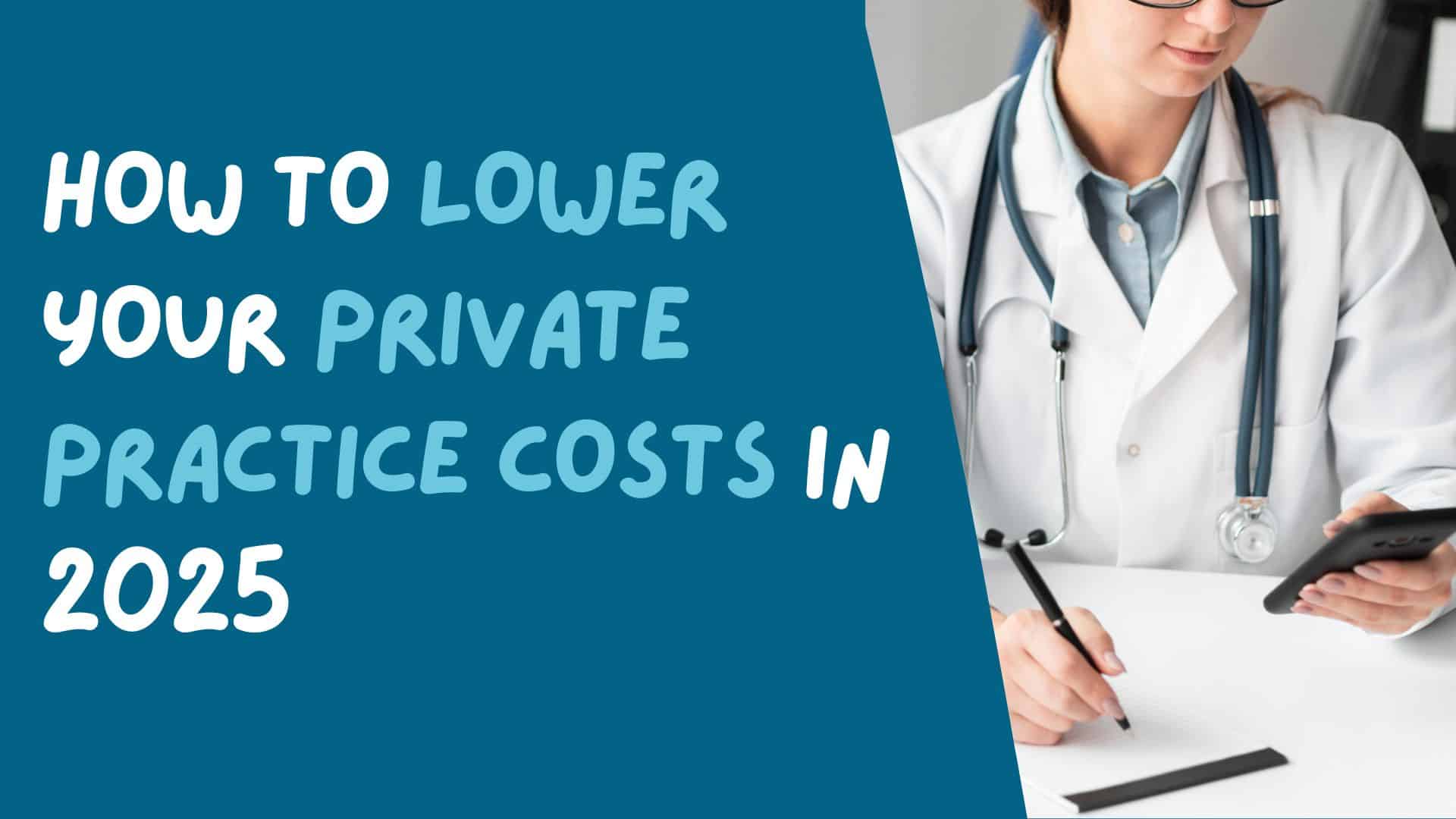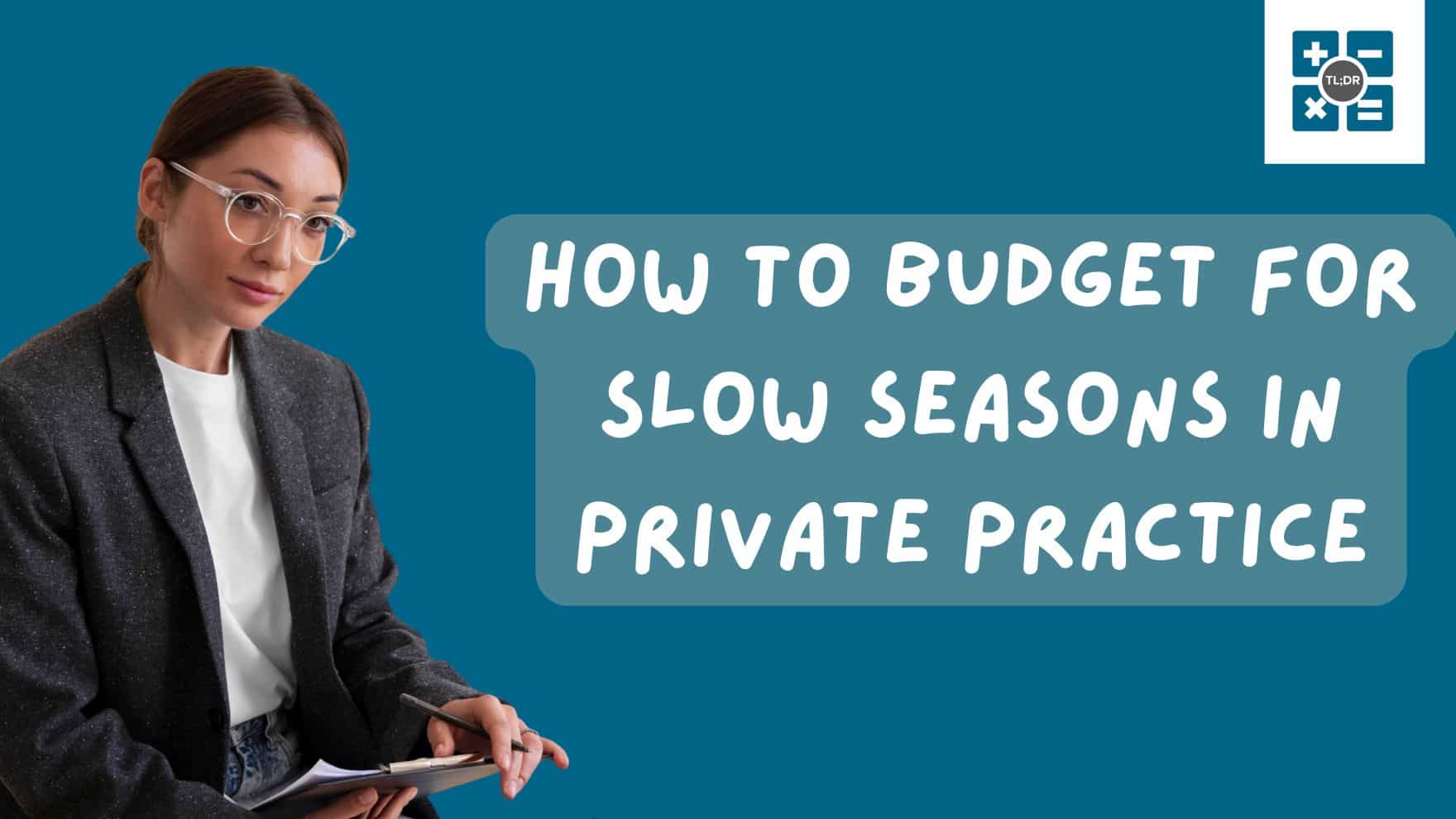You’re humming along. Your calendar’s full, billing is on autopilot, and notes are caught up.
Then, you wake up sick, or a family emergency pulls you out of the office.
Suddenly, the question isn’t “How’s my caseload?” but “What happens next?”
Here’s the good news. With a little prep, you can protect your clients and your income when you can’t work.
Let’s walk through how and stop fretting about what happens to your therapy practice if you get sick.
First Things First: Tell People What’s Going On
Clients don’t need a long story. They just need to know what’s happening and what their options are. Send a short, kind message as soon as you know you’re going to miss sessions.
Give them choices: reschedule, do a telehealth check-in, or see a covering clinician.
Update your online scheduler so new clients don’t accidentally book while you’re out. If you can estimate a return date, put a quick note on your website and voicemail.
A simple email or text like this works:
Hi [Client name], I’m unwell and need to cancel our session on [date]. I’m sorry for the disruption. Would you like to reschedule for next week, do a brief phone check-in, or I can refer you to [covering clinician] if you prefer not to wait? Thanks for understanding.
This kind of clear communication keeps relationships solid and stops confusion before it starts.
Have A Plan For Client Care While You’re Out
Think through who can cover your clients.
You have options:
- A trusted peer. Trade coverage with another therapist so each of you has backup in a pinch.
- Locum or temp clinicians. There are behavioral-health staffing agencies that can supply temporary clinicians, including telehealth.
- Group practice backup. If you’re part of a group, ask if they have a formal backup plan.
- Brief telehealth check-ins. For stable clients, sometimes a 15-minute video call is enough until you’re back.
If someone else sees your clients, share only the minimum information they need, such as diagnosis, recent safety issues and treatment plan. Use secure channels like your EHR or encrypted email.
For treatment purposes, you’re allowed to share Protected Health Information (PHI) with another provider, but it’s still smart to get client consent when you can.
You may refer to HHS guidance on sharing PHI for treatment for the legal basics.
Money Matters: Income, Insurance and Bookkeeping
Being sick can mean lost income.
A few things that help:
- Short-term disability insurance. If you have a policy, start a claim promptly. If you don’t, consider getting one for the future.
- An emergency fund. Even one month of living expenses can make a big difference, if you’re solo.
- Cancellation policy. Decide ahead of time if you’ll waive late-cancellation fees for clients when you’re sick, and communicate your policy clearly.
- Bookkeeping. Make a note in your accounting software of lost income or coverage fees so your CPA can see the impact at tax time.
A Professional Will For Long-Term Planning
Similar to a personal will, having a professional will and executor is critical, especially for solo practices.
A professional will is a document naming someone to handle client records, notify clients, and wrap up your practice, if necessary. It should also include passwords to access records and other details.
The APA recommends it for every solo clinician. It sounds grim, but it’s a gift to your clients and your future self.
When You’re Back
Follow up with clients, fold any coverage notes into your files, reconcile revenue, and update your emergency plan based on what worked and what didn’t.
A quick client survey can tell you how they experienced the coverage and help you improve your plan.
TL;DR
No matter how well you plan for coverage, time away from client sessions almost always means less revenue. The best cushion is an emergency fund and a clear picture of your numbers before you ever need it. That’s where we come in.
At TL;DR: Accounting, we help therapists see exactly how much to set aside, so you’re not blindsided by a sudden drop in income. We can show you how to build up reserves, plan for taxes, and make smarter business decisions so your practice stays healthy, even when you need to step away.
Want to feel confident your practice can weather a sick week or a longer leave?





